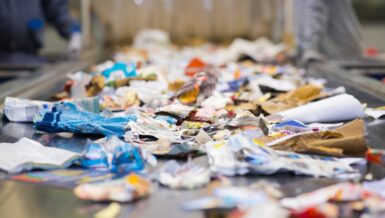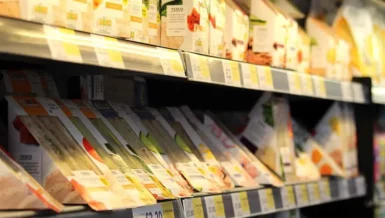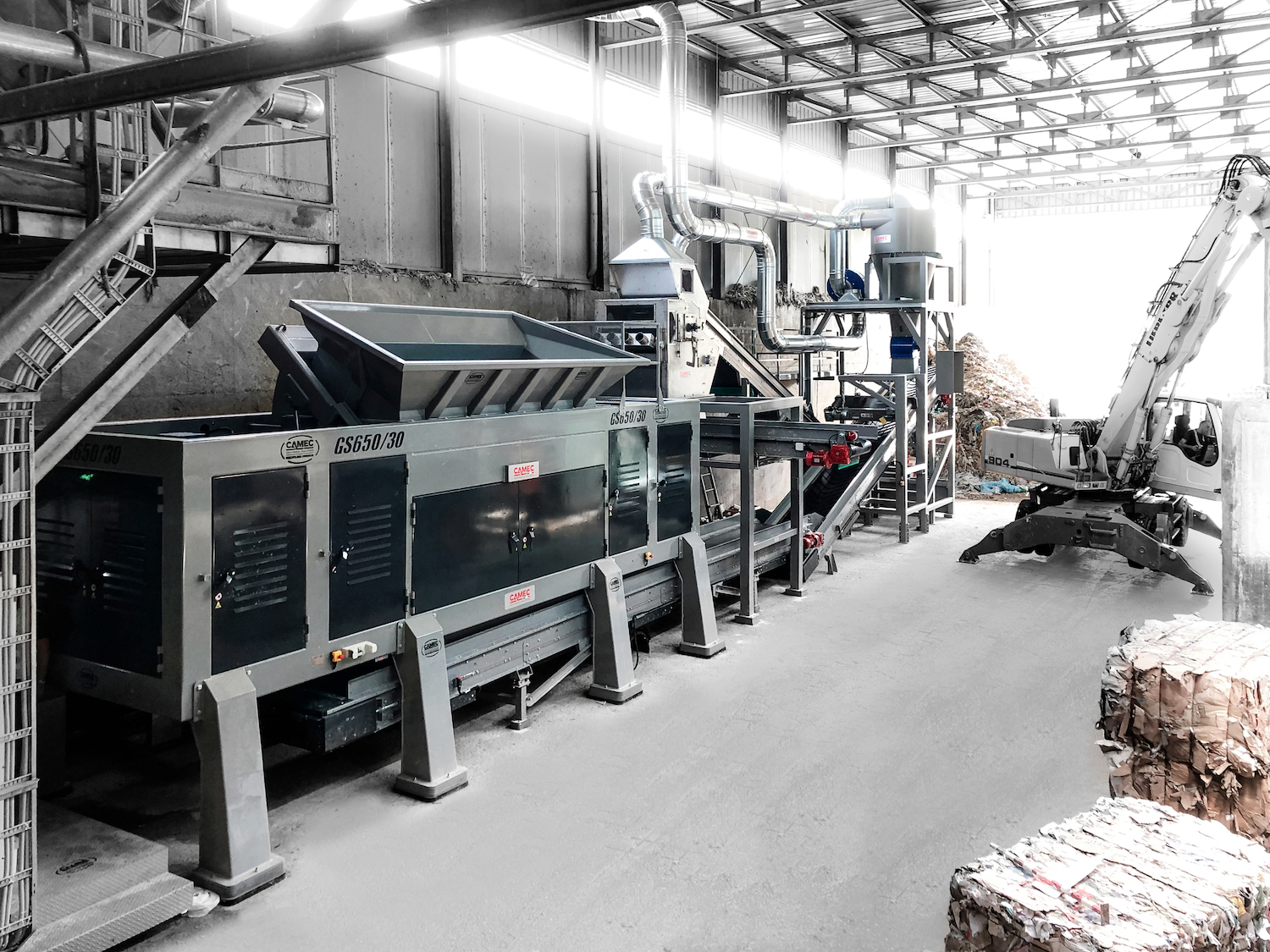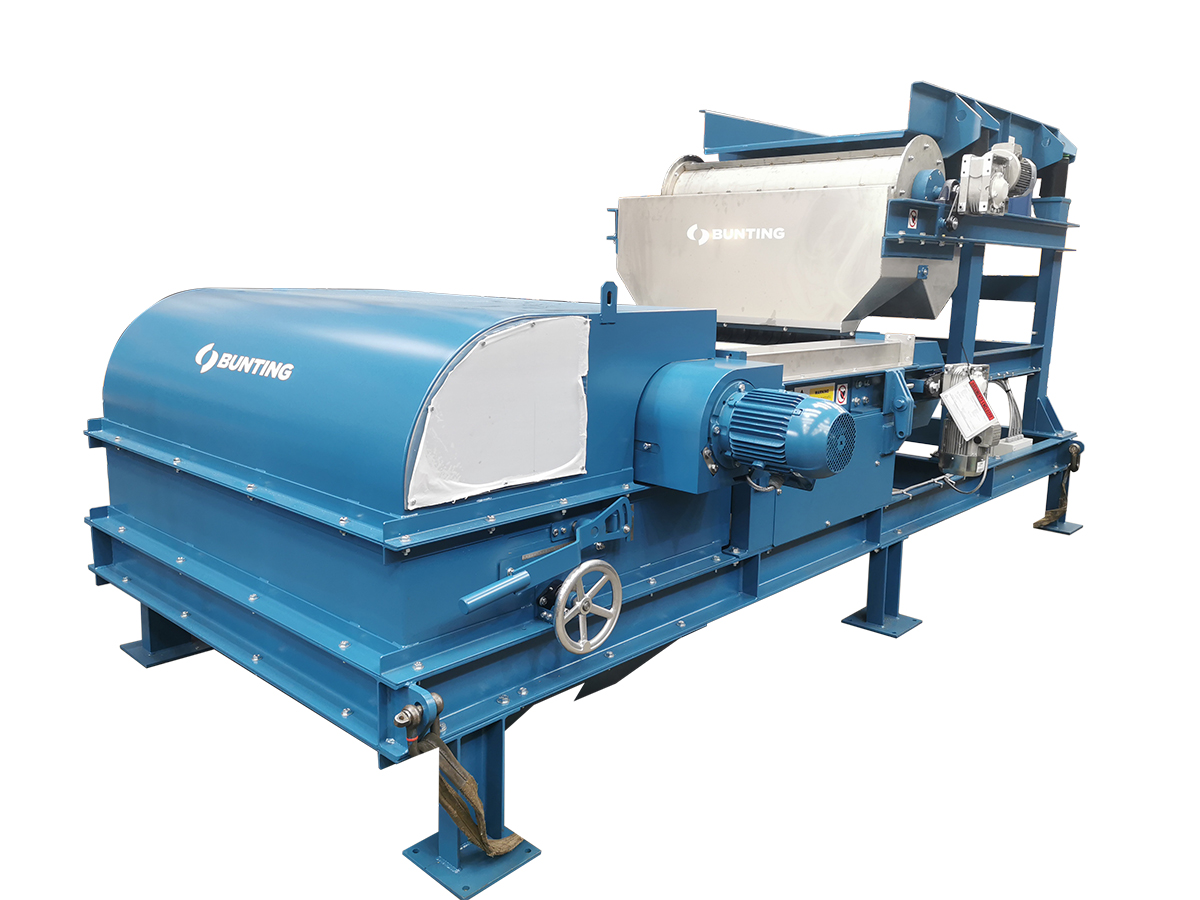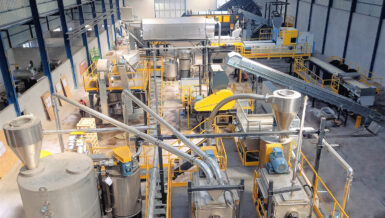On top of that due to the Covid-19 crisis for paper and plastic recyclers, the market circumstances have completely changed. Companies have to deal with a major decrease in the supply of recyclables such as paper, cardboard, and plastics from manufacturing and industrial sources. Additionally, due to an almost complete shut-down of the production in some industries, there is also a fall-off in the demand for processed material.”
Paper and plastic recyclers hit by the current crises can still bounce back. This is the firm opinion of the Madrid based Gerard Kissane who has over 10 years of experience in the waste industry. “Mapping the inbound and outbound processes can indicate where there is room for improvement and with that, how to increase growth and margins.”
How can companies prepare to be completely back in business after Covid-19?
“This is a time for companies to take stock and prepare for the inevitable rebound in the paper and plastic recycling market. Especially because global countries sign up to further commitments on climate change and a greater move towards the use of renewable and recovered materials. I strongly believe that mainly innovative companies will profit from the possibilities this entails. It will be a case of the smartest will prove the strongest, as I call it. Therefore, now is the time for companies to look at their processes around materials tracking, pricing, management of contaminations, and stock levels. The ones who have the best handle on these will be the ones who will be able to rebound quickest when the resurgence in the market comes.”
Are companies equipped to profit from the upcoming possibilities?
“When times are good businesses are not always looking at their customers and processes in granular detail. Poorly setup or executed contracts, continuous contamination, or misrepresented materials types are overlooked in favour of continued business from customers considered key to the business health. But at the time of challenge, efficient processes are the rock on which to build a sustainable business model for the future. Having access to details and data in a central system, allows companies to decide what materials and customers are key to drive growth and sustainability. The ability to grade and apply charges or penalties on contamination or moisture levels on inbound loads can actually help drive better customer behavior and better inbound material quality. Flexible contract pricing and setup is key. This allows processors to apply penalties or charges when the expected materials do not arrive at the inbound scales. This is of major importance because it gives paper and plastic recyclers room to protect margins which at this time are more precious and as hard-won as ever.”
Do companies understand all the associated costs of material processing?
“As a result of the current crises in this sector, it is evident that many companies are trying to understand where margins are being lost in their business processes. However, mapping the inbound and outbound processes through an ERP system can indicate where there is room for improvement. Adding customer contracts, with flexible pricing for good materials, or penalties/charges for misrepresented or contaminated loads, may mean the difference of positive/negative margin for a particular shift or material transaction. Burrowing down to detail, tracking every activity on the inbound or outbound scale is essential since it highlights which steps can be automated to drive efficiencies. But in my opinion, the single greatest element for companies to unlock or protect margin is the ability to quickly react to price changes in the commodity market. Understanding stock on hand or in production, having the ability to accurately forecast when and where that material will be available, and having a real-time link to an industry material price index, will mean that those companies will be best placed to recover after the market rebounds.”
How do companies fortify their business for the next global shock?
“We’ve touched on many facets of the industry, none of which will be new to people from within the industry, or with industry knowledge. But from my experience, a lot of this information exists in disparate systems or spreadsheets. The ability to harness this information quickly and efficiently is where the main challenge to businesses lie. With the insights the AMCS Recycling Software is providing, paper and plastic recyclers can have a consolidated view of their entire business and operational processes in an enterprise-grade end-to-end solution. In addition to that, they also benefit from global leading best in class process flows which drives efficiencies to their businesses such as customer self-weigh at the inbound scale house, the instant reclassification of inbound loads via the mobile application, an instant view on the stock value or forecast values through the link to industry indexes. A comprehensive contract and pricing module, driven by global experience in the materials sectors, enables companies to set-up customers in a way in which margins can both be protected and increased while at the same time driving customer satisfaction and improving material qualities.”



